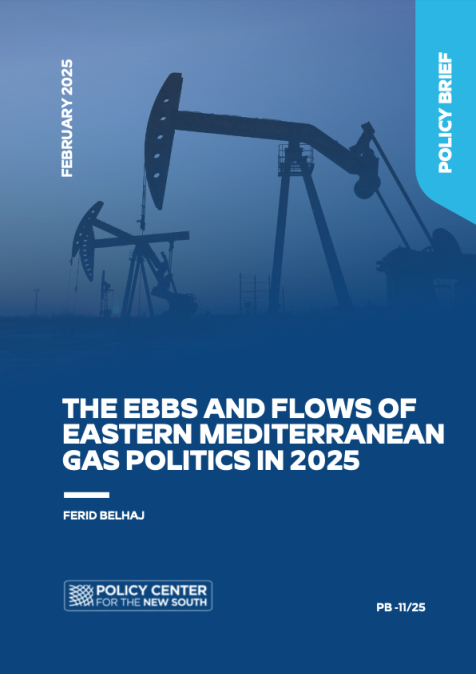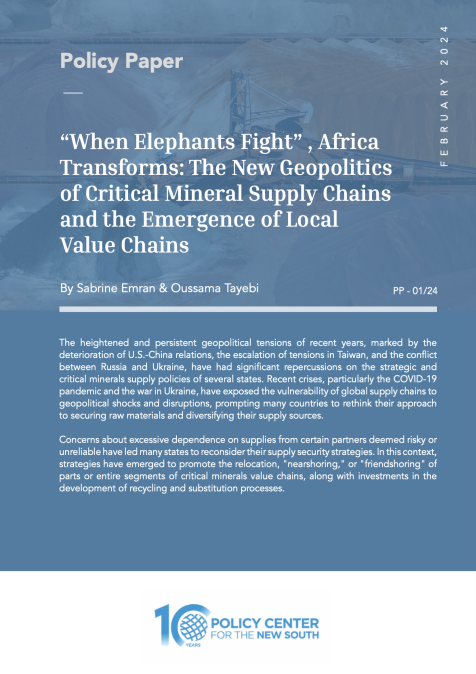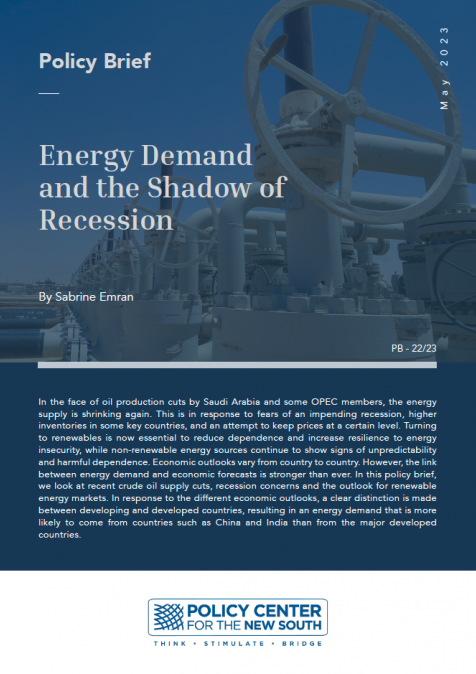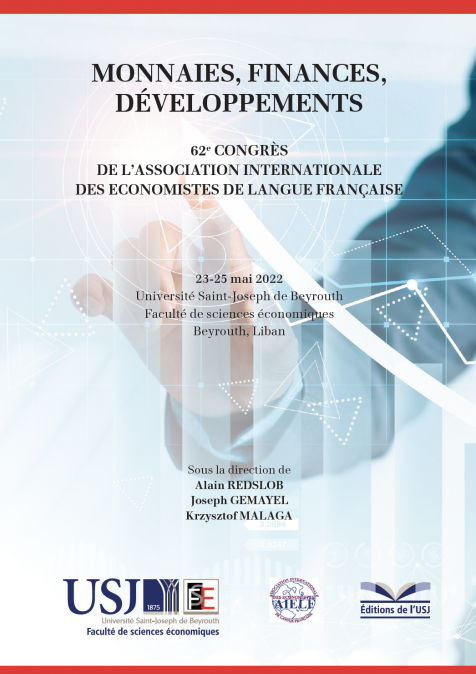Podcasts
Soja contre terres rares : la guerre silencieuse entre Washington et Pékin
31
October
2025
Dans ce podcast, nous verrons comment une simple graine est devenue un levier de puissance mondiale, reliant les fermiers du Midwest américain aux usines chinoises. Entre sécurité alimentaire, rivalités commerciales et dépendances stratégiques, ce récit dévoile comment l’alimentation et les ressources naturelles redessinent les rapports de force du XXIᵉ siècle.











